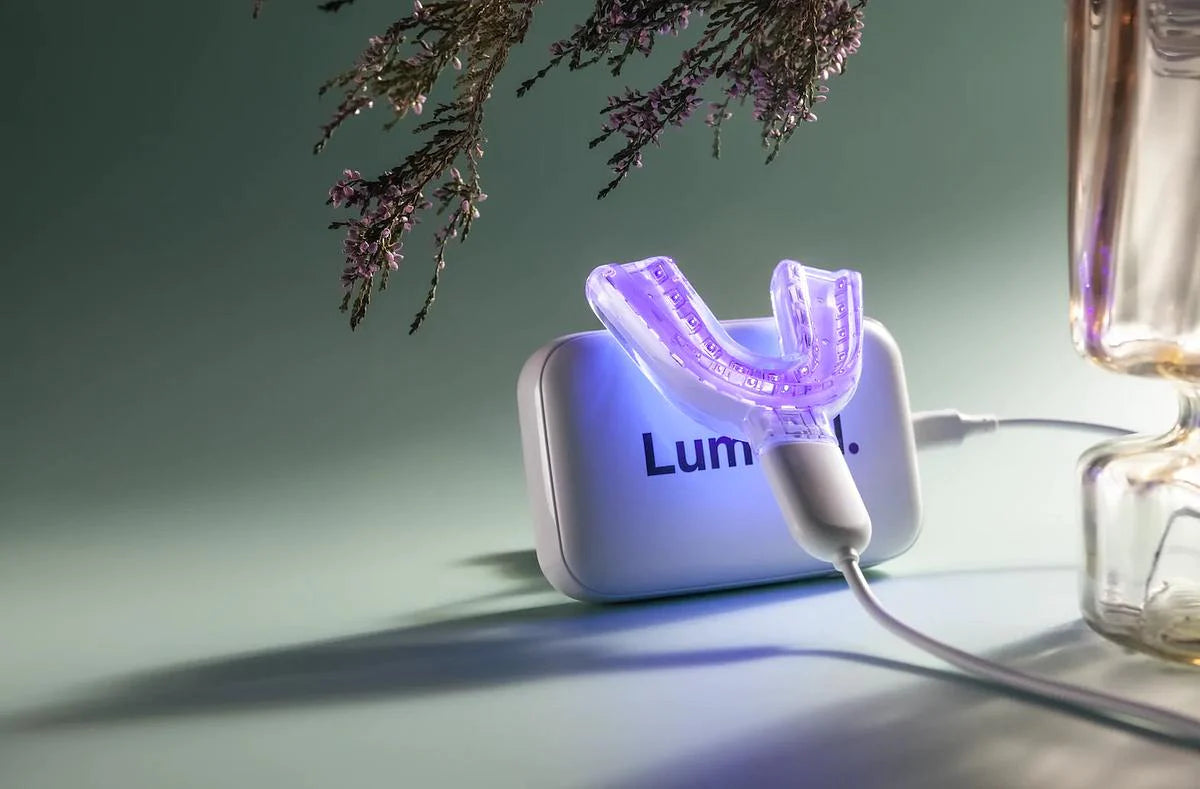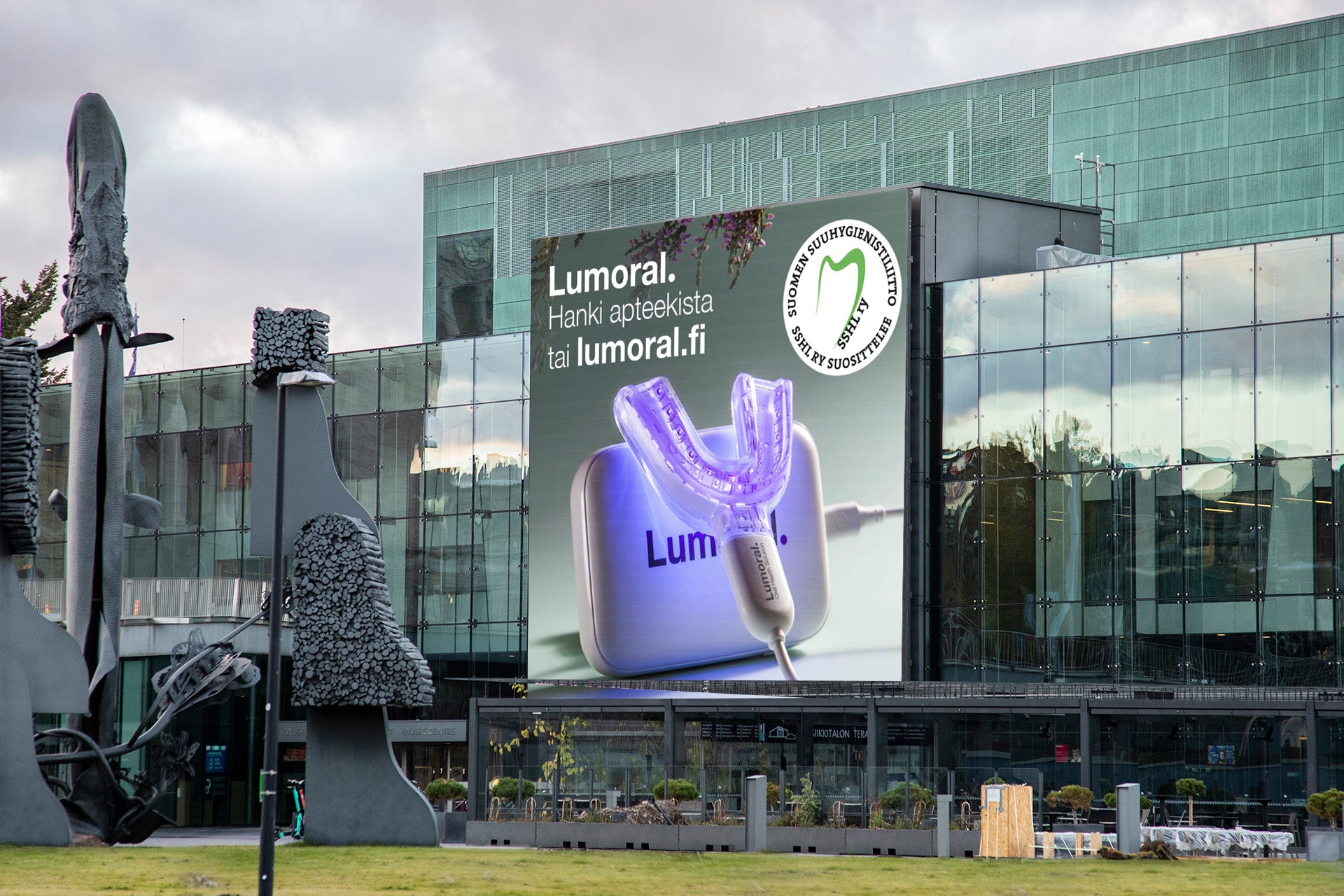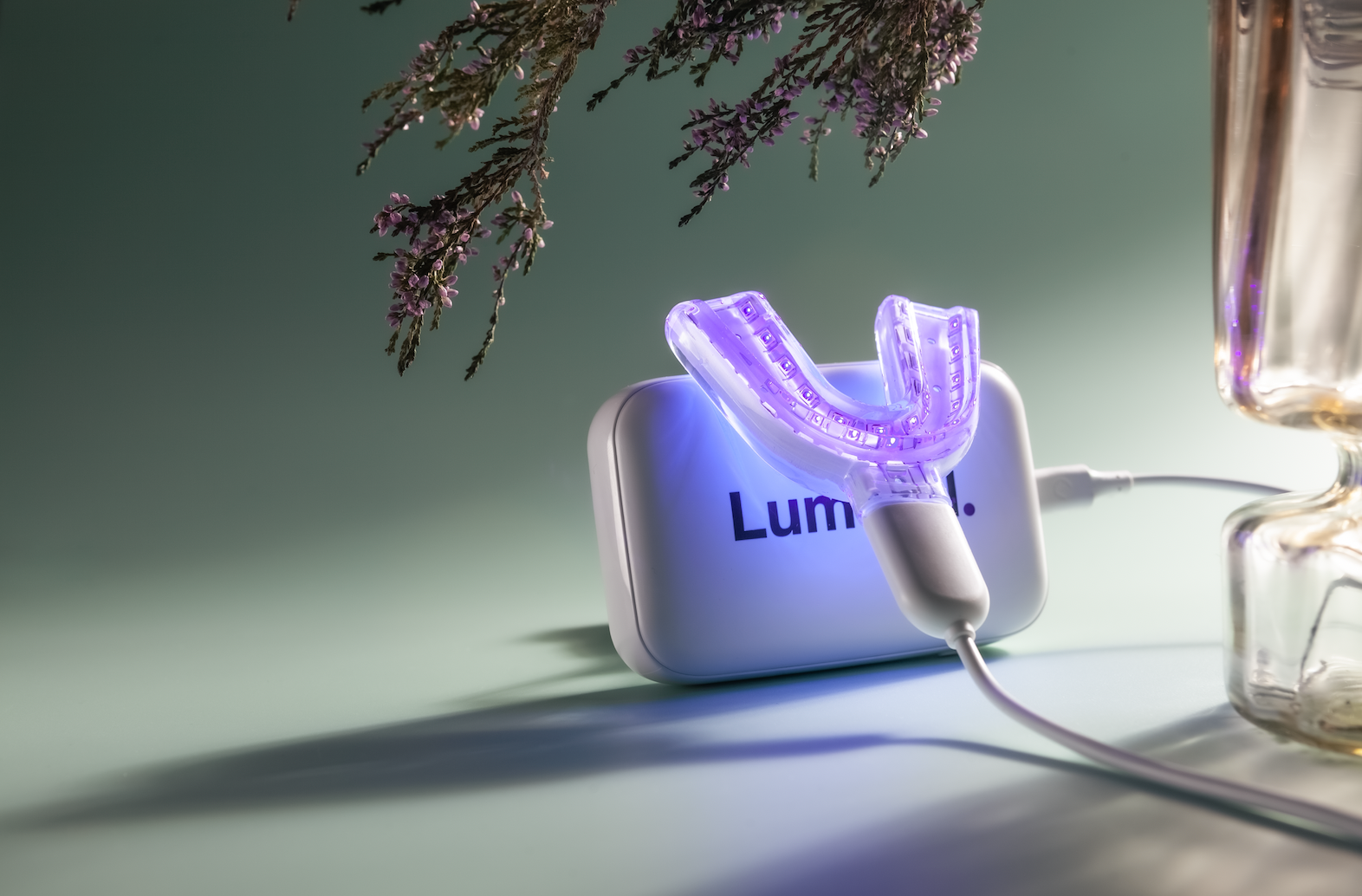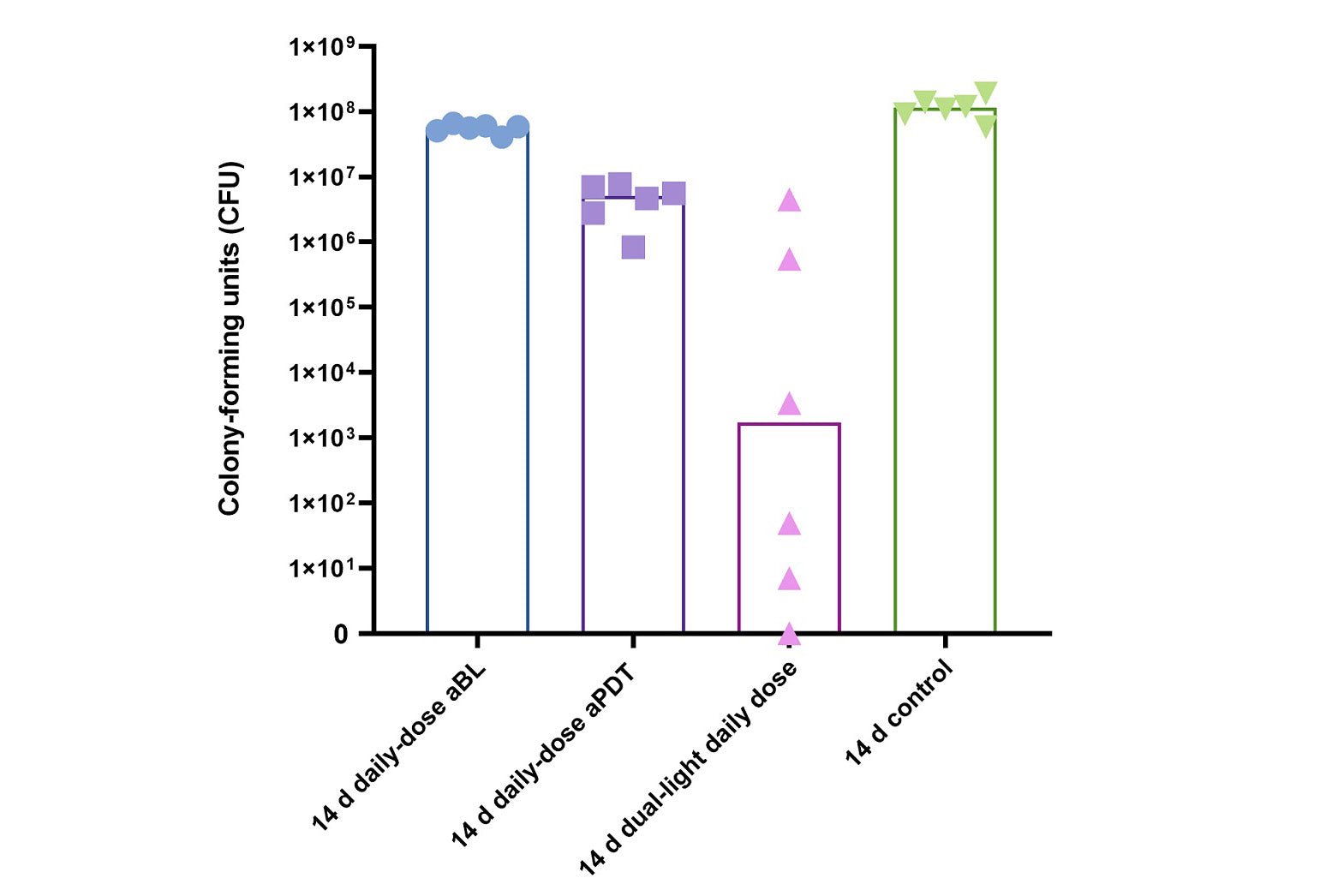- All posts
- 8 Media Venture
- althetics
- aMMP8
- Annimari Korte
- Antibiotic resistance
- Apotek Härtat
- Aqua Dental
- athlete
- Award
- Baltics
- Bonnier
- Bonnier News
- Brain health
- Business
- Cancer
- cardiovascular disease
- caries
- Chemo therapy
- children
- collaboration agreement
- Croatia
- Denmark
- Denta
- Dental erosion
- Dentex
- diabetes
- Dual Light
- Duodecim
- EFP
- EFR
- Estonia
- EuroPerio
- event
- Expodental
- FIBO
- fund raising
- general health
- Gingivitis
- Gum disease
- HAP
- HealthHub Pharma
- HIDES
- Hospital infections
- hospital-acquired pneumonia
- IBD
- Iceland
- IDS COLOGNE
- implantology
- invest
- investment
- italy
- Koite Health
- Latvia
- Lithuania
- lumoral
- Lumoral App
- Lumoral Junior
- Maritime industry
- Media
- MegaGen
- Movie
- News
- Nordic markets
- Nordics
- O
- Olympics
- Oral health
- Oral hygiene
- Oral mucositis
- Patent
- PDT
- peri-implantitis
- Perio Master Clinic
- Periodontitis
- periodontology
- Photodynamic therapy
- Press
- Ranking
- Romania
- Scandinavian Society of Periodontology
- Science
- Seafarer
- Seedtable
- share issue
- Shareissue
- Siblings movie
- Spain
- spots
- Stroke
- Study
- sweden
- Tartar
- techtour
- Thailand
- UK
- United States
- Valentine's Day
- WHO
- World Cancer Day
- World Health Day
- World Heart Day
- world oral health day
- World Smile Day

Lumoral is beneficial in healthy people, study confirms
A plaque study conducted by a group of oral hygiene students as part of their final thesis, at the Metropolia University of Applied Sciences in Helsinki, Finland, has been completed. The study show...

Finnish health technology company Koite Health Oy has signed a distribution agreement with a Danish distributor of specialized dentistry products in the tissue regenerative and surgical fields, suc...

Lumoral antibacterial aPDT treatment helps treat periodontitis
Decreased fine motor skills and memory impairment in older people can make it difficult to maintain good oral hygiene. Lumoral's antibacterial aPDT phototherapy effectively eliminates harmful bacte...

Finnish health technology company Koite Health Oy has signed a cooperation agreement with Swedish dental chain Aqua Dental Ab. The partnership will enable around twenty Aqua Dental clinics across S...

The breakthrough study shows that eliminating the bacteria contained in dental plaque should be as vital a part of dental hygiene as brushing your teeth and flossing. HELSINKI, Finland (October 1...

Research shows the sustained antibacterial effect of Dual Light PDT on biofilm
Koite Health researchers have studied the efficacy and sustainability of the antibacterial effect of daily administered dual light on Streptococcus mutans biofilm. This was compared to single-wave...